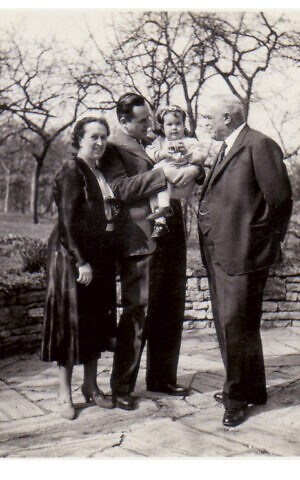PhoenixToEmber
Jedi Council Member
Read this book last January. It's easily one of the most important books I've ever read. The parallels to the U.S. today are quite alarming. I agree with Chu - I find it hard to pick out quotes from this book because every page is just so profound.
I remember being particularly struck by his description of 'normalcy bias' and how accurately is describes people I interact with everyday, especially in the context of being machines according to Gurdjieff:
I remember being particularly struck by his description of 'normalcy bias' and how accurately is describes people I interact with everyday, especially in the context of being machines according to Gurdjieff:
Strangely enough, it was just this automatic continuation of ordinary life that hindered any lively, forceful reaction against the horror. I have described how the treachery and cowardice of the leaders of the opposition prevented their organisation from being used against the Nazis or offering any resistance. That still leaves the question why no individuals ever spontaneously opposed some particular injustice or iniquity they experienced, even if they did not act against the whole. (I am not blind to the fact that this charge applies to me as much as to anyone else.)
It was hindered by the mechanical continuation of normal daily life. How different history would be if men were still independent, standing on their own two feet, as in ancient Athens. Today they are yoked to the details of their work and daily timetable, dependent on a thousand little details, cogs in a mechanism they do not control, running steadily on rails and helpless if they become derailed. Only the daily routine provides security and continuity. Just beyond lies a dark jungle. Every European of the twentieth century feels this in his bones and fears it. It is the cause of his reluctance to do anything that could ‘detail’ his life – something audacious or out of the ordinary. It is this lack of self-reliance that opens the possibility of immense catastrophes of civilization like the rule of the Nazis in Germany.



